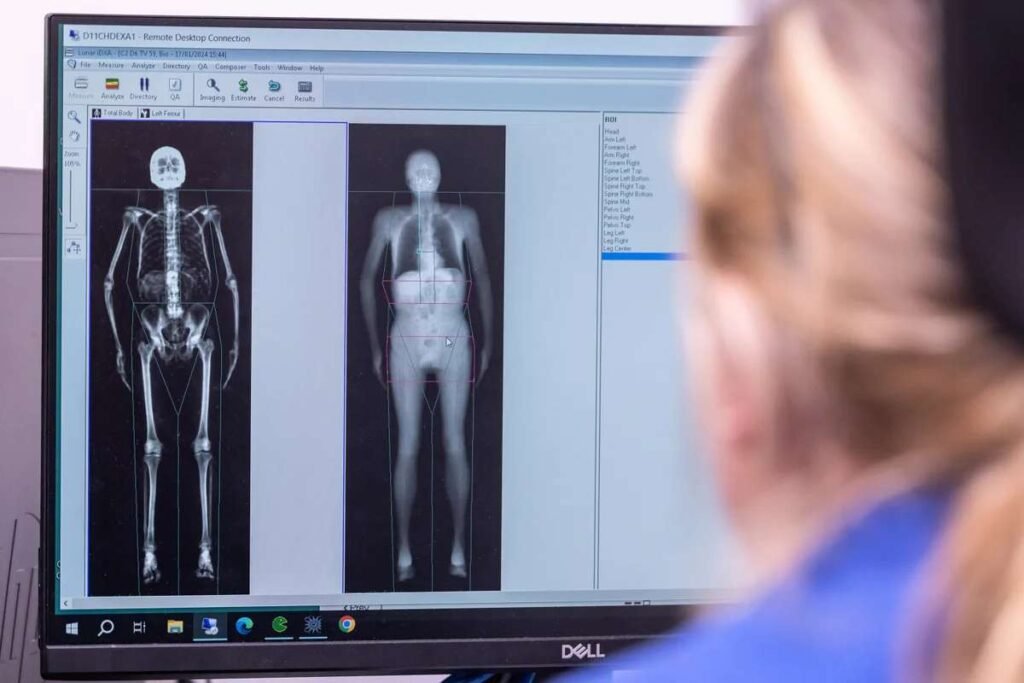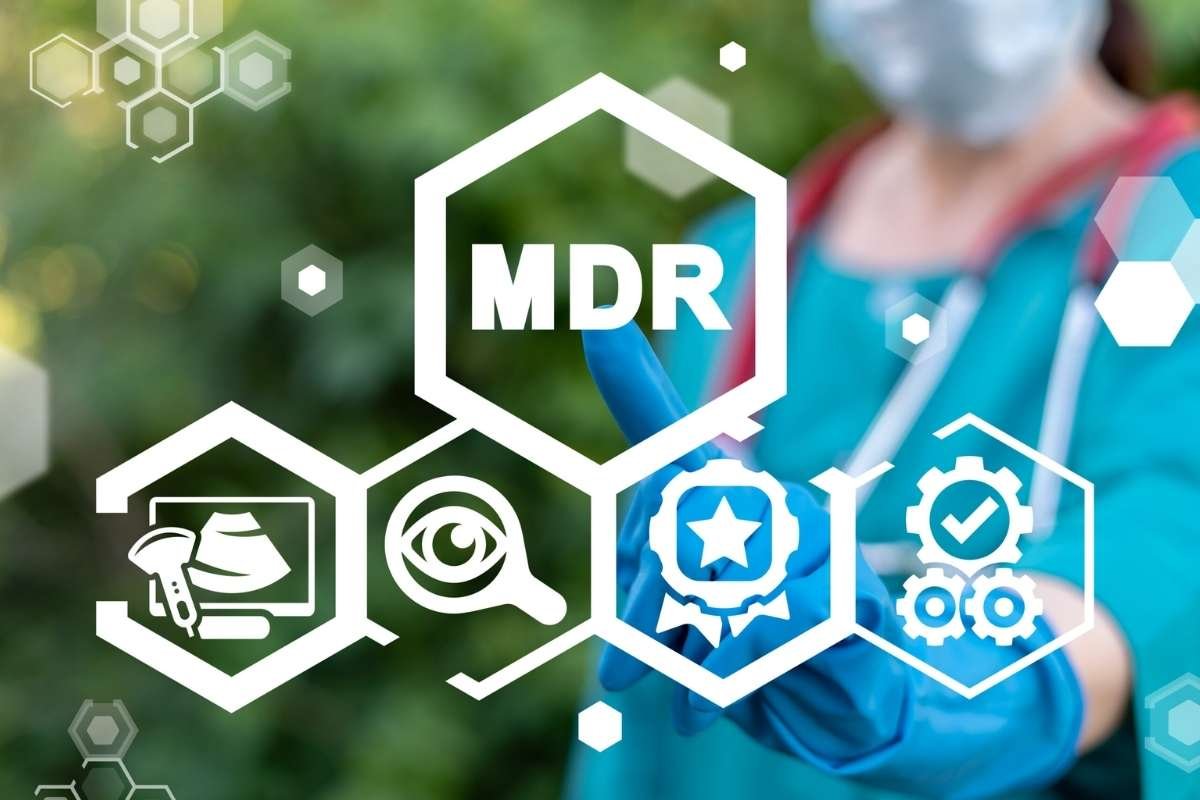The UK Biobank has reached a significant milestone in what is now recognised as the world’s largest human imaging project. The pioneering initiative, which began in 2014, has completed full-body scans of 100,000 volunteers aged between 44 and 82. Backed by a consortium of public and private funders, the project is revolutionising the way researchers understand, detect, and eventually treat chronic diseases.
According to Sky News, this effort uses high-resolution MRI and ultrasound imaging to capture detailed insights into the brain, heart, bones, blood vessels, and organs. Researchers are granted free access to the anonymised data, enabling over 60 countries to study conditions such as dementia, arthritis, cancer, and heart disease on an unprecedented scale.
Professor Naomi Allen, Chief Scientist at UK Biobank, hailed the milestone as a “phenomenal achievement,” noting that the resource is already accelerating breakthroughs in global biomedical research.
Full-Body Scans Thousands of Hidden Illnesses Detected Early
Beyond its scale, the UK Biobank project is making tangible impacts on individual lives. As revealed by BBC News, around 2,000 volunteers have been alerted to potentially serious health issues discovered during their scans—including early-stage cancers, aneurysms, and heart conditions. These findings, which would have otherwise gone unnoticed, have enabled many participants to seek timely, life-saving treatment.
One participant, for instance, was diagnosed with an abdominal aortic aneurysm that, if undetected, could have been fatal. In other cases, researchers have identified brain tumours and early indicators of degenerative diseases such as Parkinson’s, long before symptoms emerged.
The Full-Body Scans not only provide early warnings but also offer a rich dataset for scientists examining the effects of age, genetics, and lifestyle on health. Institutions like Oxford University and Imperial College London are already using this information to explore how organ structure and function change over time.
A Global Model for Preventative Healthcare Research
The UK Biobank’s imaging programme, as highlighted by The Guardian, is being lauded as a blueprint for large-scale preventative healthcare. Its open-access model, volunteer-driven participation, and technological sophistication have made it a key resource for over 20,000 scientific publications to date.
Participants are unpaid but highly motivated by the prospect of contributing to science that could benefit future generations. With plans to integrate artificial intelligence for even earlier and more precise disease prediction, the project stands on the cusp of redefining personalised medicine.
As it continues into its next phase, the UK Biobank imaging study exemplifies how data-driven, collaborative health research can both improve individual outcomes and transform public health strategy on a global scale.









